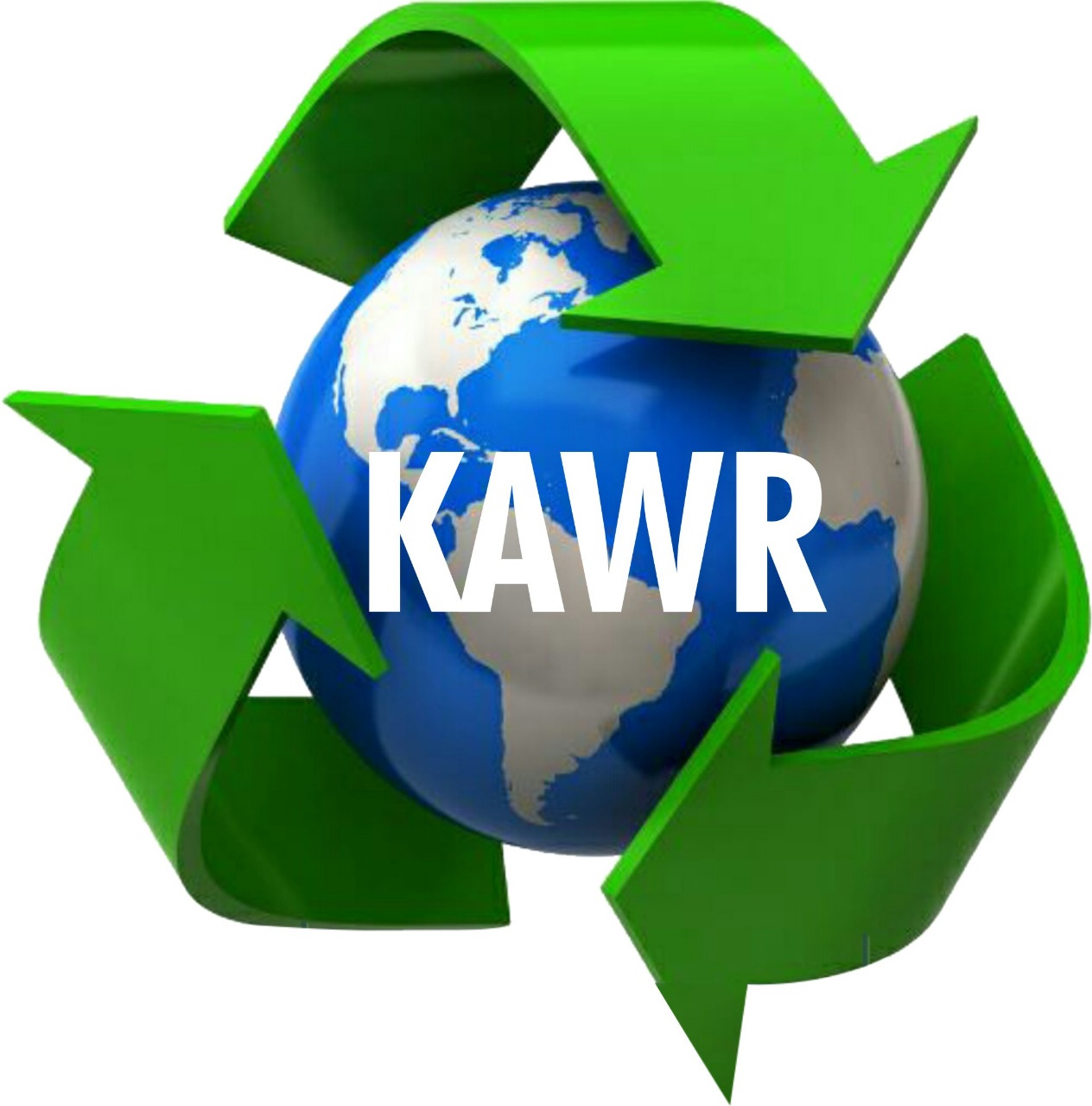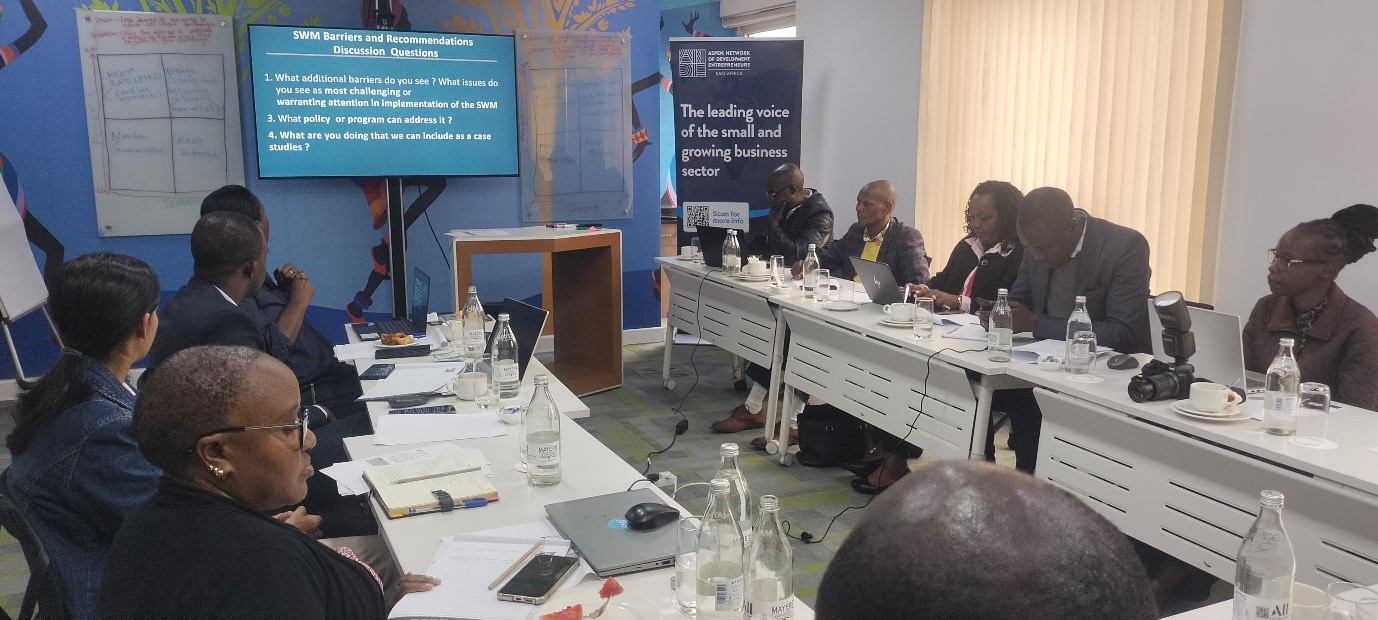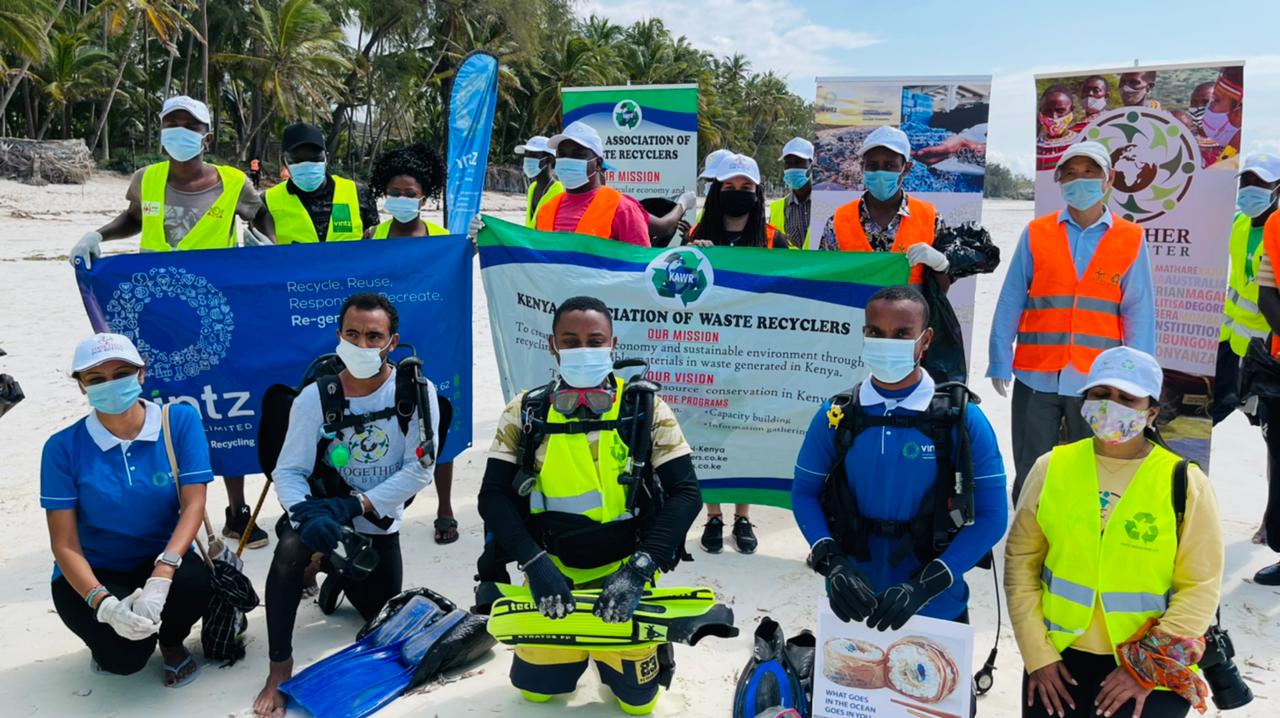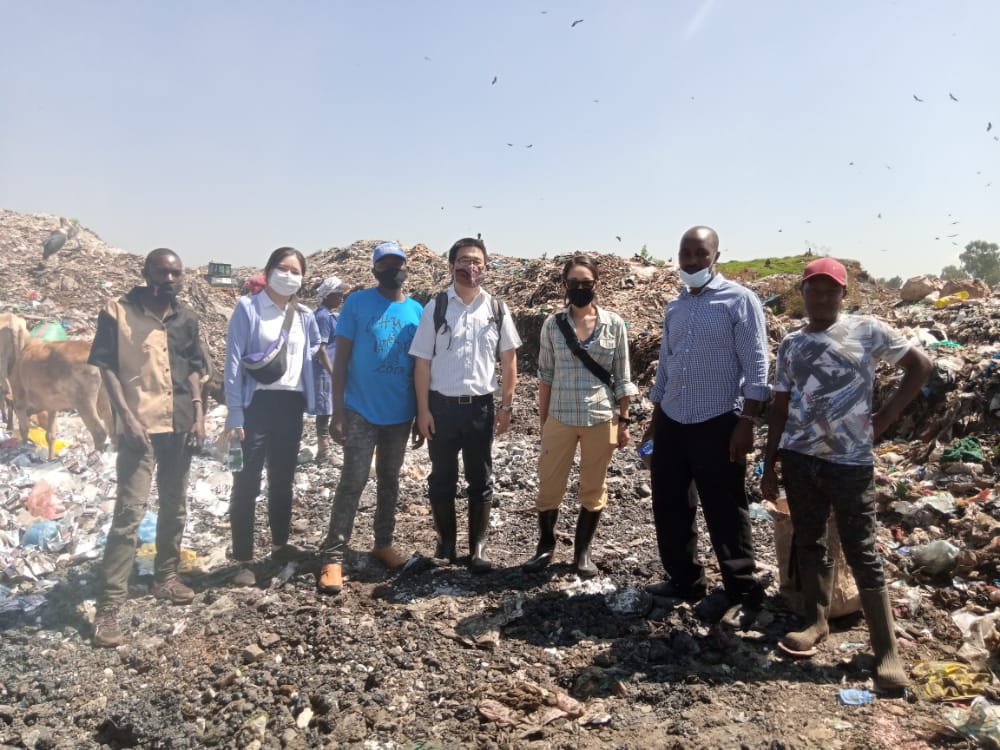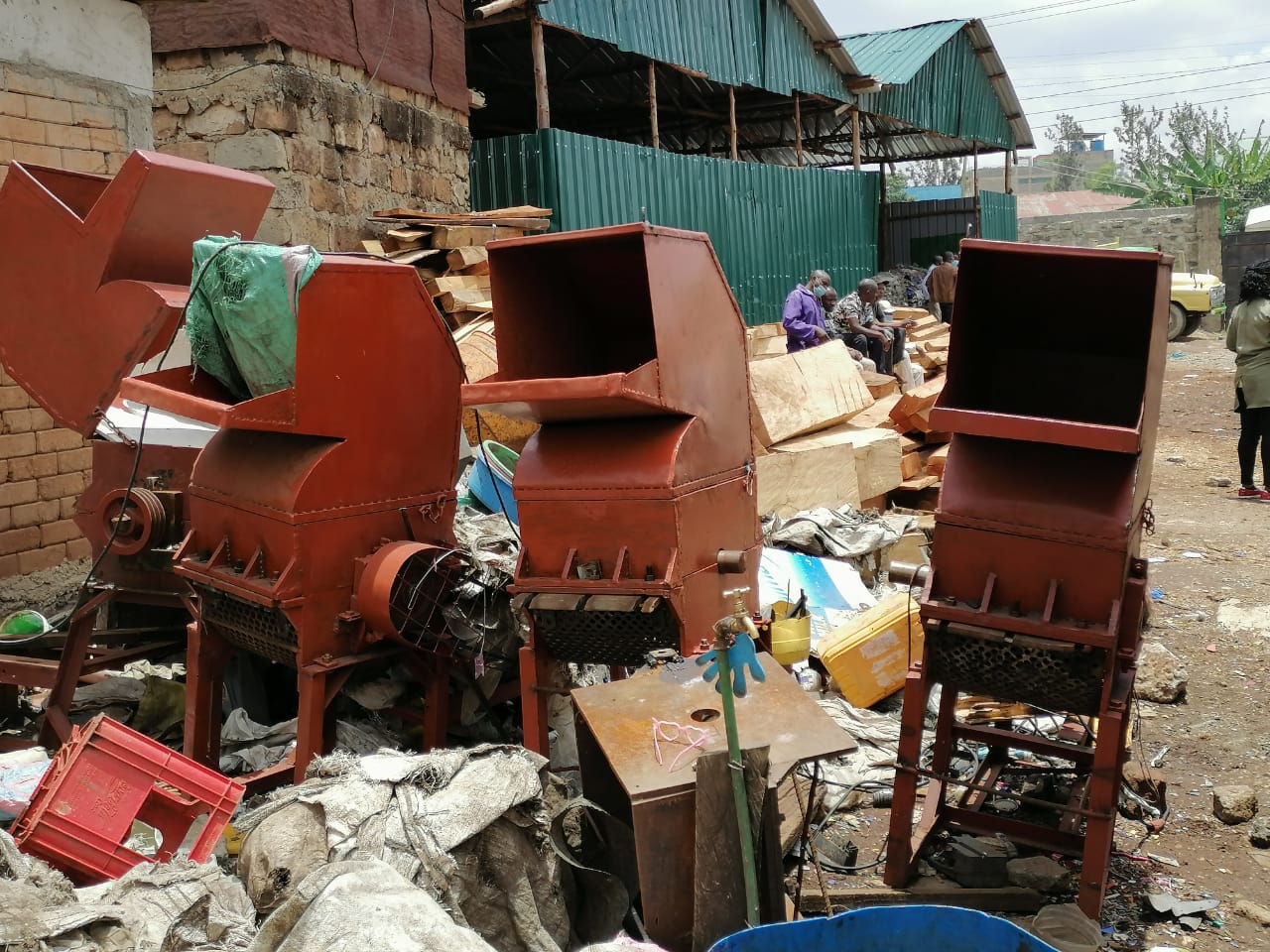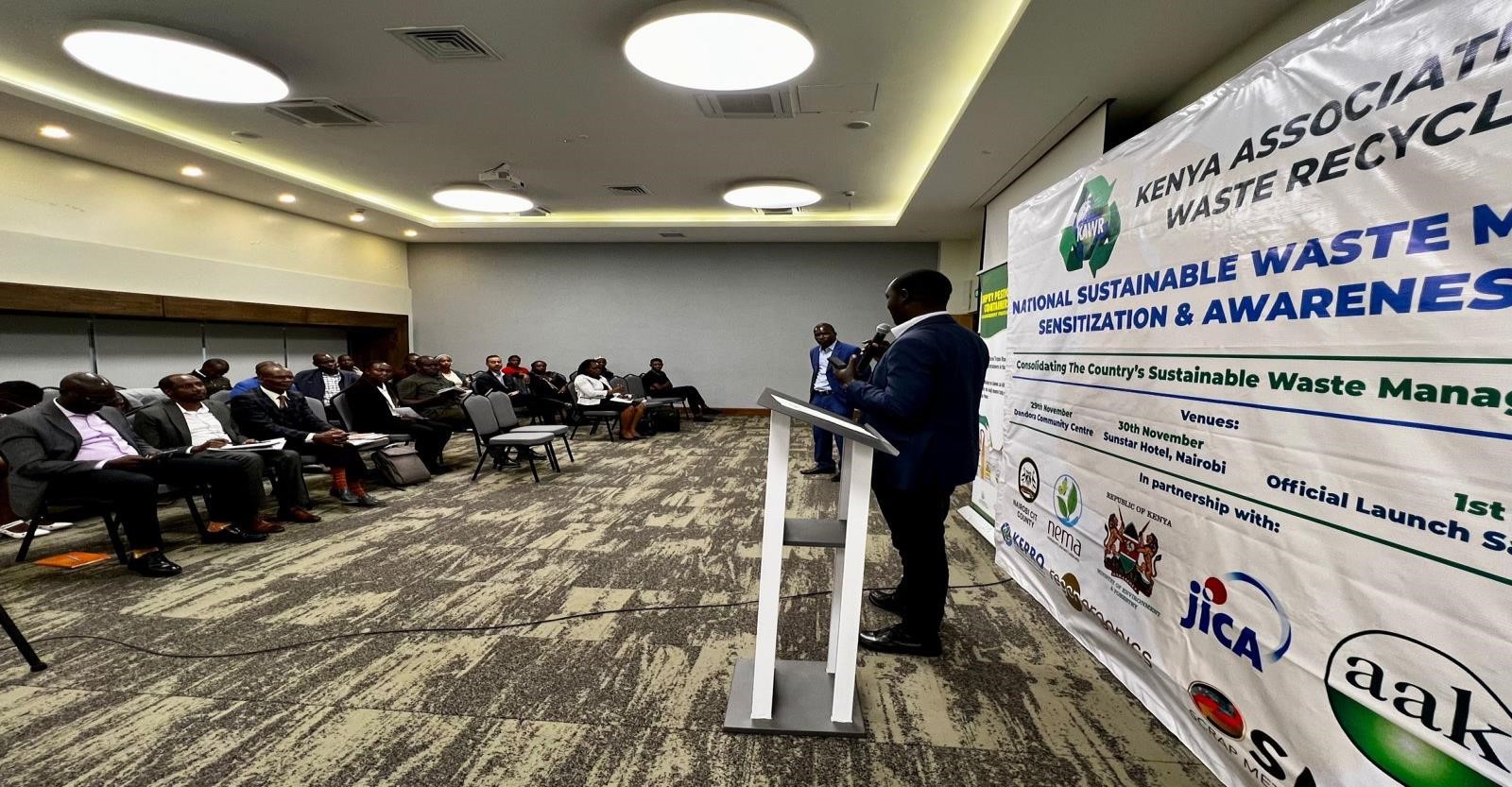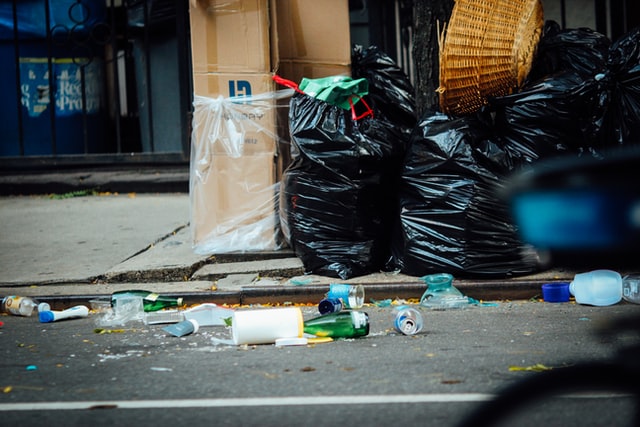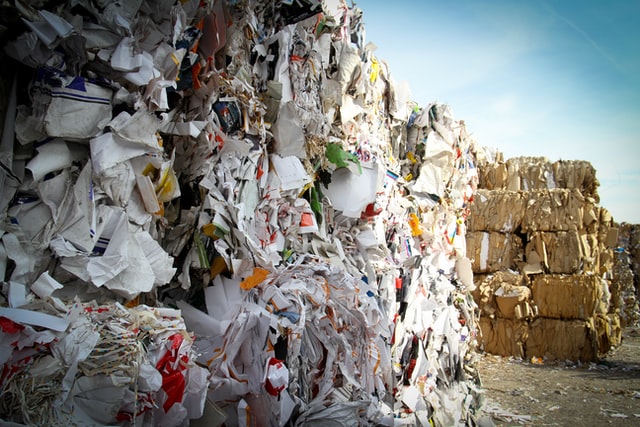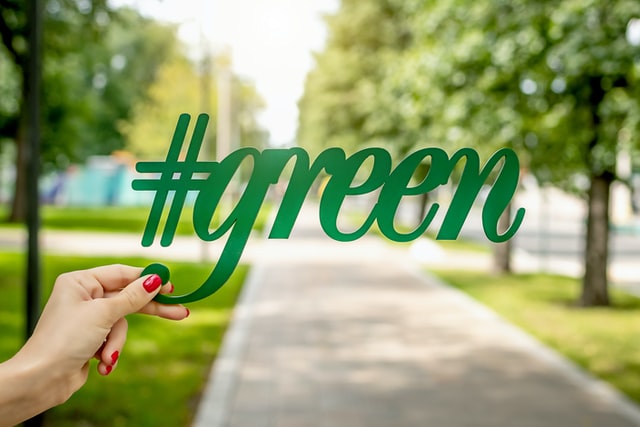Nairobi, 8th July 2025 — A multisectoral policy working group convened yesterday in a high-level roundtable organized by the Kenya Association of Waste Recyclers (KAWR) and the Aspen Network of Development Entrepreneurs (ANDE), spotlighting Kenya’s transition to a circular economy and green financing opportunities under the Sustainable Waste Management Act (2022).
Held under the theme “Access to Green Finance & Inclusive Circular Transitions,” the forum brought together such as; policymakers, recyclers, Producer Responsibility Organizations, green technology experts, and development partners to unpack the implementation of Extended Producer Responsibility (EPR) and its ripple effects on SMEs, waste sector jobs, and climate goals. This was the second session with the first session having taken place on 22nd November 2024.
Key Highlights from the Discussion:
- EPR in Action: The Act’s emphasis on producer responsibility, county-level materials recovery facilities, and waste-to-energy solutions holds significant potential for waste reduction, resource efficiency, and job creation. However, gaps in implementation, monitoring, and inclusive enforcement remain.
- SME Constraints & Green Finance Gaps: Access to patient capital remains a key constraint for circular startups. Participants called for blended finance tools, credit guarantees, and impact-linked funding tied to climate goals.
- Informal Sector at Risk: Without formal pathways, the shift to regulated waste systems risks excluding informal workers. Speakers pushed for legal recognition, cooperatives, and gender-inclusive roadmaps.
- Policy Coherence and Urgency: The window to act is narrow. With supportive legislation already in place, stakeholders emphasized the need for fast-tracked implementation—particularly sector-specific EPR guidelines, green procurement standards, and the activation of a national waste data management systems.
Some of the Recommendations Moving Forward:
- Operationalize EPR Guidelines and Monitoring Systems
- Finance Innovation: Develop circular innovation clusters and financing instruments tailored to green SMEs.
- Formalize the Informal: Protect livelihoods through training, social protections, and cooperative support.
- Build County-Level Circular Hubs: Promote local waste-to-value ecosystems.
- Intensified Public Awareness: The need to align the public with the requirements and provisions of guidelines such as EPR was identified as a critical priority in the sector.
- Improving Waste Data Systems in the Country.
- Targeted infrastructural development such as Material Recovery Facilities especially in counties
- Addressing the regulatory barriers such as subsidies and incentives for circular businesses.
- Alignment of recycled products with international standards
As Kenya grapples with rising waste, youth unemployment, and climate pressure, the circular economy offers a triple-win: economic renewal, environmental stewardship, and inclusive job creation. But policy inaction will be costly.
This policy dialogue also builds on groundwork laid earlier in April 2025, when KAWR and ANDE, under the auspices of SoteHub, hosted a series of interactive forums in the Coastal Region. These sessions spotlighted grassroots innovation in circular economy practices—ranging from Afya Duara CBO’s organic composting and youth training programs in Mtwapa, to plastic recycling and 3D printing innovations showcased by Twende Green, Tiki Post’s recycled plastics fencing alternatives at and other circular innovations the SoteHub Center in Nyali. The Coastal engagements emphasized real-world application of circular models and underscored the potential of SMEs and community-based enterprises to anchor Kenya’s green transition.
Notably, KAWR Secretary General Richard Kainika’s keynote in Mombasa set the tone for yesterday’s national dialogue—calling for regulatory reform, stronger EPR enforcement, financing for SMEs, and inclusion of the informal sector. In this sense, the 8th July Nairobi event served as a natural progression: from showcasing what’s possible on the ground, to building the policy and financing architecture needed to scale such innovations nationwide. Together, these engagements mark a coordinated push toward a more inclusive, resilient, and circular Kenyan economy
KAWR and ANDE East Africa remain committed drivers in the realization of Kenya’s Circular Economy Potential.
